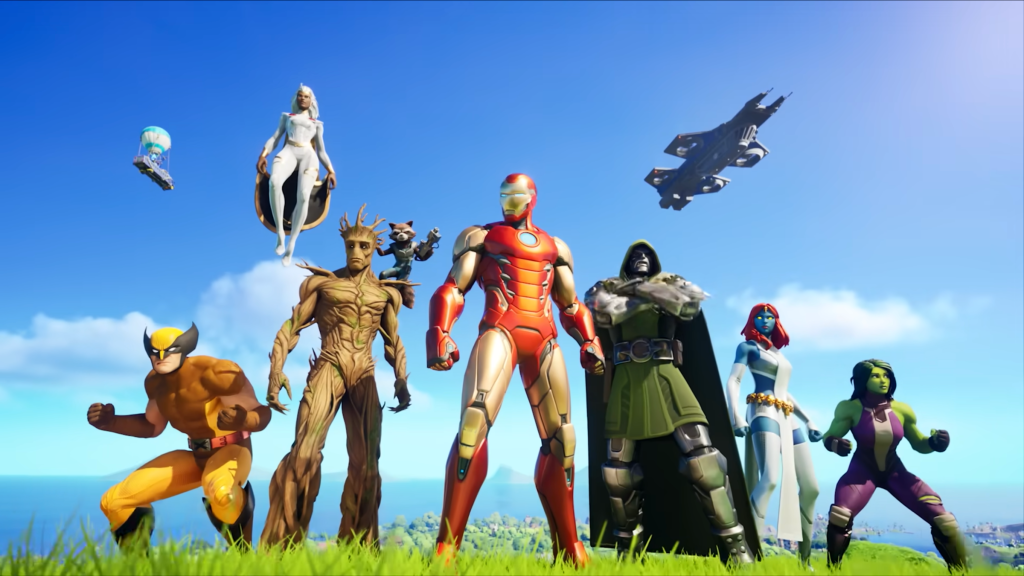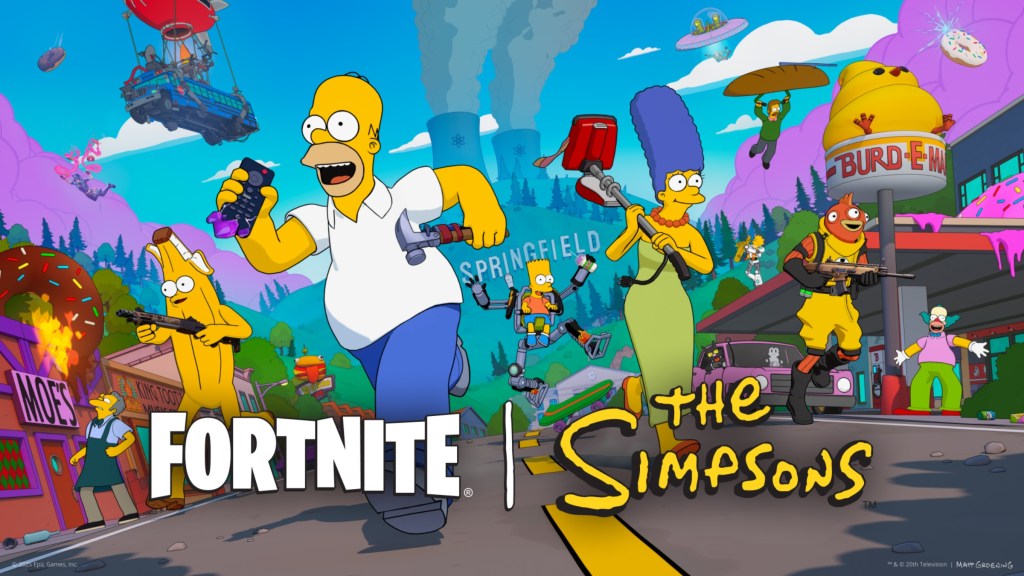Every year, The Game Awards acts as an unofficial closing ceremony for the industry. A three-hour snapshot of what defined gaming over the past twelve months and what fans can look forward to. Newcomers like Clair Obscur: Expedition 33 battle for Game of the Year, indie darlings break into the spotlight, and long-running franchises fight to prove they still matter. But among all the categories, one in particular reflects how dramatically the business has changed: Best Ongoing Game. This isn’t an award for a single release; it’s a recognition of persistence, of games evolving in real time alongside their communities.
Videos by ComicBook.com
And year after year, one title keeps finding its way back into that conversation. For eight consecutive years, Fortnite has secured a nomination in the Best Ongoing Game category at The Game Awards, a streak that’s as impressive as it is revealing. Where most live-service titles fade, Fortnite continues to stay relevant, reshape itself, and command global attention. Love it or hate it, the game has become a cultural pillar of the industry. And with two wins under its belt already, Epic Games is hungry for a third award this year.
Fortnite’s Unmatched Run at The Game Awards

The Best Ongoing Game category exists for titles that receive continued support from the developer. Consistent updates, seasonal events, and even major overhauls. For most live-service projects, lasting a few years is considered a success. But Fortnite’s eight-year streak of nominations at The Game Awards is on another level entirely. It’s not just surviving in the live-service arena; it’s thriving in it, setting the example of what post-launch support should be.
What makes this feat especially notable is how competitive the field has become. Each year, Fortnite shares the category with giants like Genshin Impact, Final Fantasy XIV, Apex Legends, Call of Duty: Warzone, and other heavy-hitting live-service titles. These games all boast dedicated communities, ongoing updates, and huge revenue streams. Yet Fortnite remains a constant presence, consistently standing among the finalists.
Part of this is due to Epic Games’ relentless commitment to reinvention. Fortnite doesn’t just add new skins or a fresh battle pass; it routinely transforms itself. Entire maps are destroyed and rebuilt. Core mechanics are added, removed, and replaced. New modes, like Zero Build, creative tools, concerts, and story-driven live events, fundamentally change why people log in. It’s not just more content, but a constantly evolving game that draws in fans.
Fortnite has also evolved into a massive crossover hub. Collaborations with Marvel, Star Wars, Dragon Ball, anime series, musicians, and even other games have turned it into a kind of interactive pop culture metaverse. Every season feels like a new chapter in a never-ending social phenomenon. That ability to constantly generate conversation is precisely why it keeps earning that Best Ongoing Game nod. Even if players aren’t playing every season, chances are there will be one that brings them back in.
And while awards aren’t everything, staying in the running for nearly a decade tells a clear story: Fortnite has outlasted trends, competitors, and skepticism to remain one of the world’s most important games.
What Fortnite’s Streak Says About the Future of Live-Service Games

Fortnite’s continued nominations aren’t just a testament to its success; they’re a lens into how live-service and ongoing games are reshaping the industry. First, it shows that ongoing games aren’t going anywhere, even if a lot of players are tired of them. For better or worse, the model works when executed well. Fortnite’s steady stream of updates, collaborations, and experiments proves that players will stick around when they feel like a game respects their time and keeps surprising them. Even players who step away often find reasons to return: new seasons, nostalgic map revivals, limited-time modes, or major story events.
Second, the streak underscores how ongoing games are no longer just about gameplay; they’re about identity and culture. Fortnite is as much a social space as it is a shooter. It’s a digital hangout, a live event venue, a creative platform, and a fashion runway wrapped in a battle royale shell. Its presence in the Best Ongoing Game category isn’t just about mechanical updates; it’s about cultural relevance.
Third, it raises the bar for other titles attempting to enter the ongoing space. It’s no longer enough to launch strong and trickle in new content. The expectation set by Fortnite and other nominees in this category is clear: evolve, innovate, and respect your player base, or risk becoming irrelevant. We’ve already seen what happens to games that fail to adapt, as many live-service titles launch with fanfare and vanish within a year or two.
Finally, Fortnite’s streak serves as a reminder that the definition of success is changing. Where once a successful game was judged primarily on launch sales and review scores, now it’s also judged on longevity, adaptability, and sustained engagement. Being nominated for Best Ongoing Game eight years in a row means Fortnite has repeatedly passed that test.
Whether you’re a fan of The Game Awards or not, and whether you personally play Fortnite or avoid it entirely, its continued presence in that category is impossible to ignore. It’s the clearest signal yet that ongoing games aren’t just a phase but a foundational pillar of modern gaming. In an industry obsessed with the next big thing, it’s easy to overlook the games that stick around and shape the landscape year after year.
Fortnite’s eight-year streak for Best Ongoing Game at The Game Awards is a sign of just how dramatically the medium has evolved. New hits will come and go, but for now, one game continues to stand at the center of the conversation, season after season, update after update. And it doesn’t look ready to step aside anytime soon.
What do you think? Leave a comment below and join the conversation now in the ComicBook Forum!









